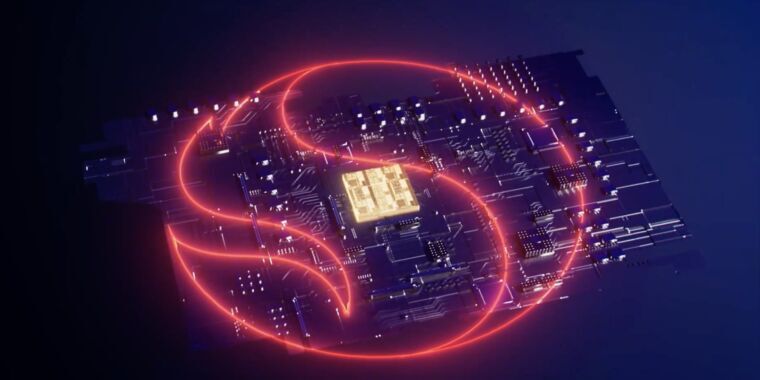Whoever can make a compatibility layer that successfully translates x86/64 to arm and vice versa and make it widely available will be a major player in the market. Valve has already somewhat done something similar with proton and Apple with Rosetta 2.
Apple developed it as a stopgap. In the Windows world x86/64 will be around for a long long time. Not sure if anyone is willing to support something like that for the next 10 years.
It’s all a question of market share. If (big if) arm gets a foothold into the Windows market, software vendors will simply offer two binaries and/or Microsoft could offer tooling to offer easy porting.
Apple’s real genius move though is not Rosetta, but including x86 compatibility features into the Mx chips. That way the emulation is much faster.



